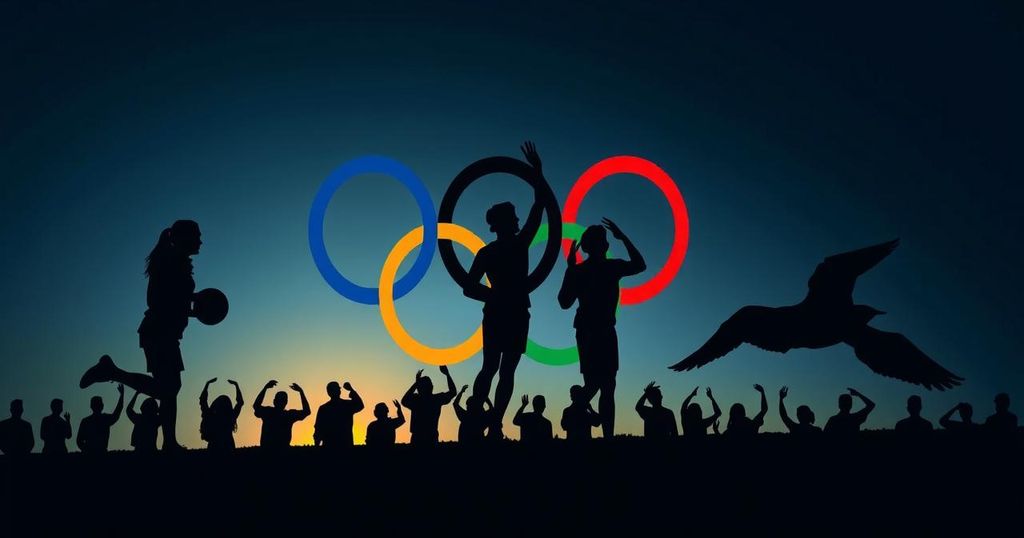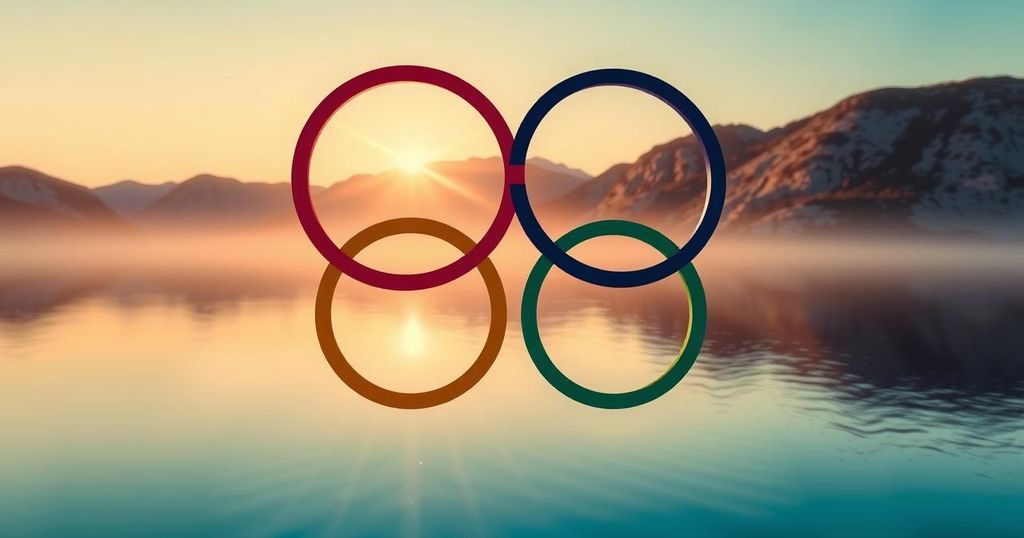Celebrating Peace Through Sport: Memorable Olympic Moments on the International Day of Peace
Summary
The article reflects on the role of the Olympic Games in fostering international peace and understanding, highlighting memorable moments such as Cindy Ngamba’s historic bronze medal for the Refugee Olympic Team at Paris 2024, the unified participation of North and South Korean athletes in PyeongChang 2018, and the legacy of peace demonstrated throughout Olympic history. It underscores the importance of sport as a unifying force amid global conflicts, in alignment with the International Day of Peace observed on September 21.
As the world commemorates the International Day of Peace on September 21, the spirit of unity fostered by the Olympic Games is exemplified through remarkable moments that transcend competition. The achievements of Cindy Ngamba, who made history by securing a bronze medal for the Refugee Olympic Team at the Paris 2024 Olympics, stand as a significant emblem of hope for the over 120 million people affected by displacement. Ngamba’s medal not only signified her personal victory but also embodied the Olympic ideal of promoting peace and understanding. The establishment of the Refugee Olympic Team by the International Olympic Committee (IOC) during the Rio 2016 Olympics sent a powerful message of solidarity. This initiative has aimed to illuminate the struggles faced by refugees while showcasing their talents and resilience. Ngamba articulated this sentiment, stating, “I hope I showed that even though we are given that label of refugee, we are just humans and athletes just like anyone else that is representing their country.” Throughout Olympic history, there have been many poignant displays of unity and reconciliation. For instance, during the PyeongChang 2018 Winter Olympics, athletes from North and South Korea marched under a unified flag, a profound gesture between nations still technically at war. Similarly, the 1992 Barcelona Games witnessed a momentous victory lap shared by Ethiopian runner Derartu Tulu and South African athlete Elana Meyer, symbolizing unity in the post-apartheid era. In Tokyo 2020, Saudi Arabian judoka Tahani Alqahtani faced her Israeli opponent Raz Hershko, despite the political tensions surrounding Arab and Israeli relations. Their decision to compete and unite following the match offered a beacon of hope amidst discord. The lightings of the Olympic cauldron have also served as transformative signals; Cathy Freeman’s igniting of the flame at the Sydney 2000 Games represented reconciliation for Aboriginal Australians, while Yoshinori Sakai’s cauldron lighting at the Tokyo 1964 Games was symbolic of Japan’s rebirth after World War II. These instances, along with John Lennon’s song “Imagine”—often performed at Olympic openings—continue to resonate as calls for peace and brotherhood. Each Olympic Games has employed its platform to advocate for healing and collaboration, urging nations to consider shared humanity over division.
The International Day of Peace, held annually on September 21, promotes global ceasefire and peace efforts. This year, the theme ‘Cultivating a Culture of Peace’ encourages instilling values of dialogue and mutual respect from a young age to prevent conflicts. The historical connection between sports and peace is exemplified through the Olympic Games, where moments of triumph and unity showcase humanity’s collective resilience and potential for understanding.
In essence, the Olympic Games serve as a powerful platform for promoting peace, unity, and mutual respect among nations. Through memorable moments such as Cindy Ngamba’s success and the unified representation of athletes in the face of adversity, the Olympics transcend mere competition. They remind the world of the shared values that bind us as humans, ultimately calling for a culture of peace that resonates far beyond the sporting arena.
Original Source: olympics.com








Post Comment